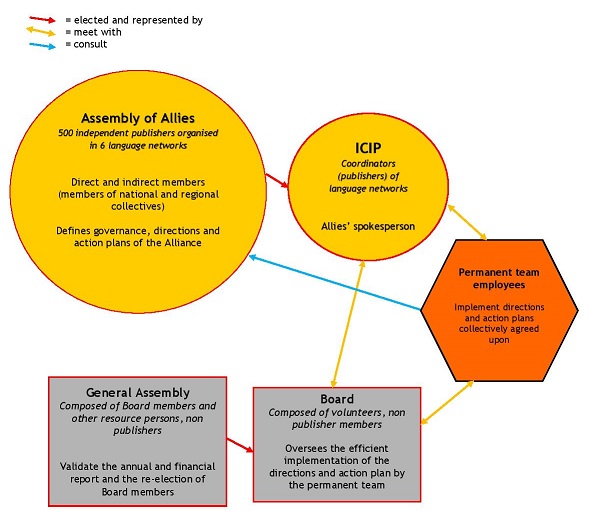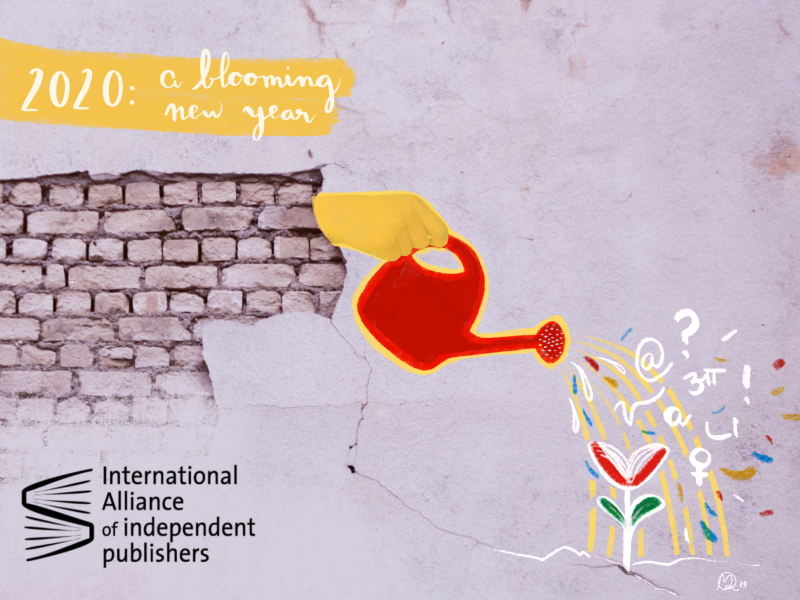
1001 activités autour du livre is not about learning to read but about giving children from 2 to 11 years old and beyond a passion for books and reading. How can you achieve this? By playing, drawing, inventing, talking, miming... all thanks to books. This playful and original work of practice and experience makes you want to devour all the others! An authentic tool for child education professionals and attentive parents.
Initially published by Éditions Casterman in 2013.
Date of publication (Pan-African version): September 2020
A specific adaptation for this pan-African co-publishing has been made by Philippe Brasseur; the co-publishers have also updated and adapted to their contexts and environments some of the references of the book.
A book co-published by 11 publishing houses in sub-Saharan Africa and the Indian Ocean: AGO Média (Togo), Atelier des Nomades (Mauritius), Editions Bakame (Rwanda), Editions Elondja (DRC), Ganndal (Guinea), La Farandole des livres bookstore (Niger), Gashingo (Niger), Jeunes Malgaches (Madagascar), Editions Ntsamé (Gabon), Ruisseaux d’Afrique (Benin) and Vallesse (Ivory Coast).
This co-publishing bears the label “Fair Trade Book”.
This solidarity co-publishing is the result of a workshop on children’s literature organised by the Alliance in Abidjan in May 2019, as part of the International Conference of Independent Publishers 2019-2021. It received the support of the Centre national du livre.


























